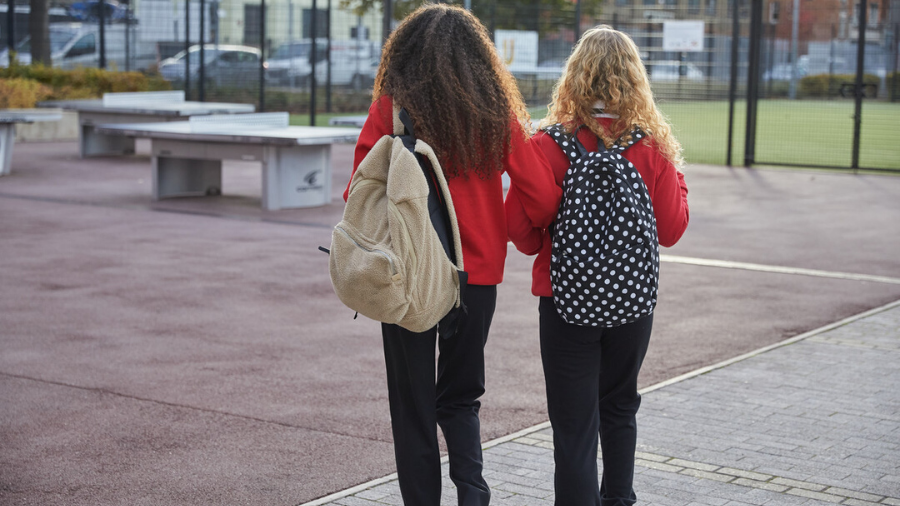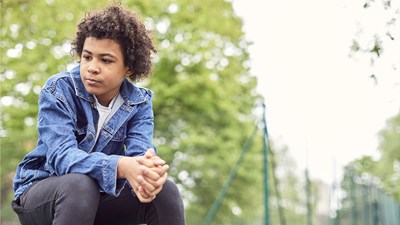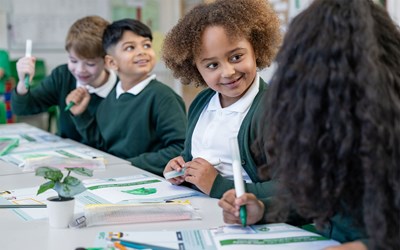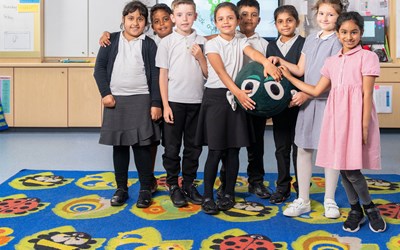The How Safe Conference 2022
Several speakers address peer-to-peer sexual abuse over the two days of the How Safe Conference 2022, including Oor Fierce Girls, a teenage girls-led initiative in Dundee, that created toolkits and materials to promote healthy relationships, encourage conversations and share where to get support if a relationship doesn’t feel right.
NSPCC Scotland, Dundee City Council and Young Women’s Movement (YWCA) run the partnership.
Ashley, Oor Fierce Girls Co-Founder and Champion, said:
“Oor Fierce Girls is so incredibly important in today’s society - young people deserve to know that they’re worthy of love.
If we can help to open up conversations around healthy relationships and reduce the stigma surrounding this topic, I truly believe we’ll have a generation of people who know that they deserve respect and safety in their relationships.
I value this campaign above all else, and I feel we may be well on the way to making young people feel more comfortable in their bonds with others.”
The National Clinical Assessment and Treatment Service (NCATS)
Clinicians from NCATS also spoke about their service to support parents and carers of young people who have displayed HSB yesterday.
We run an NCATS service that also offers assessment, treatment, consultation and training for and about children and young people who have sexually abused others and with Oxleas NHS Foundation Trust.
Free teaching resources and lesson plans to help schools keep children safe can be found at NSPCC Learning.





